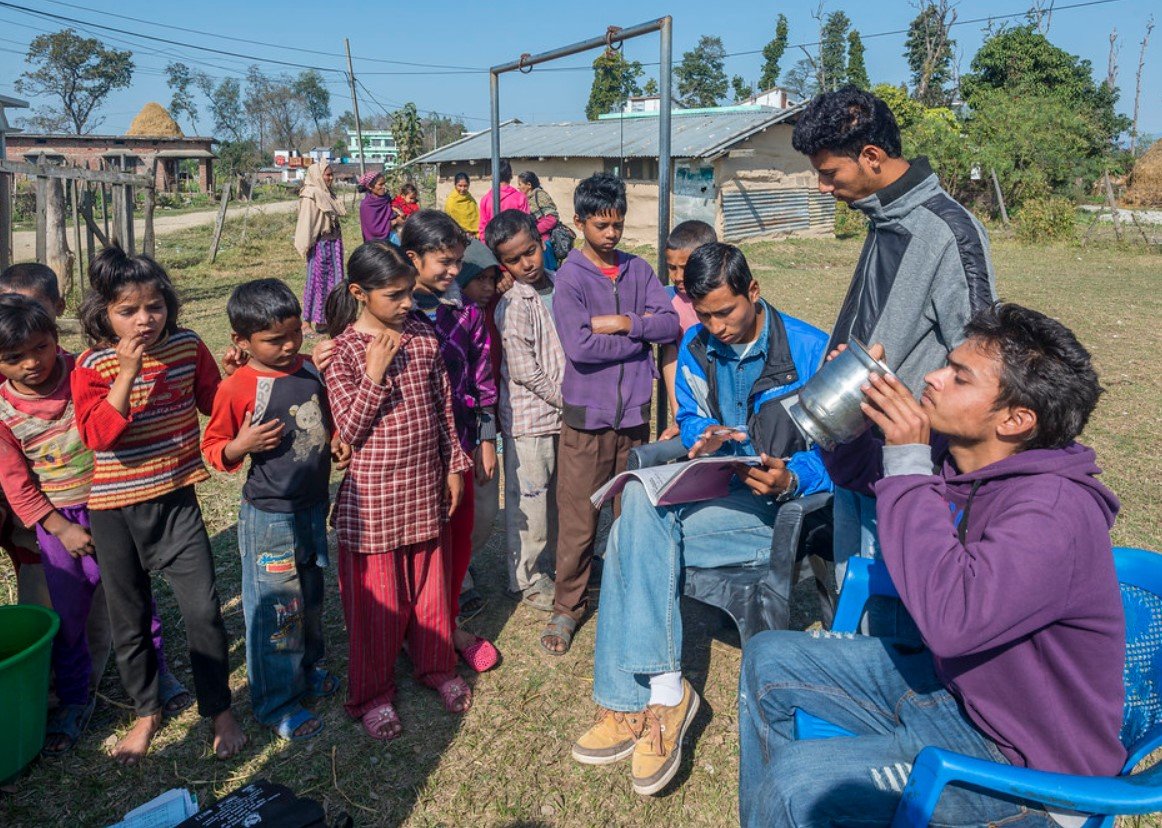Neglected tropical diseases (NTDs) are a group of 20 infectious diseases that affect more than 1.6 billion people, mostly in the poorest and most marginalized communities in the world. NTDs cause chronic pain, disability, stigma, and death, and trap people in a cycle of poverty and disease. NTDs also pose a threat to global health security, as they can spread across borders and cause outbreaks.
NTDs are preventable and treatable, and the world has made significant progress in reducing their burden in the past decade. However, the COVID-19 pandemic has disrupted the delivery of essential health services and medicines, and threatened to reverse the gains made against NTDs. The pandemic has also exposed the inequalities and vulnerabilities that drive NTDs, and the need for more resilient and inclusive health systems.

How has Canada contributed to the global fight against NTDs?
Canada has been a leader and a partner in the global fight against NTDs, supporting various initiatives and organizations that aim to control, eliminate, and eradicate NTDs. For example, Canada has:
- Provided $120 million to the Global Fund to Fight AIDS, Tuberculosis and Malaria, which also supports NTD programs in 25 countries.
- Contributed $100 million to the World Health Organization’s Expanded Special Project for Elimination of Neglected Tropical Diseases (ESPEN), which provides technical and operational support to 47 African countries.
- Donated $20 million to the END Fund, a private philanthropic initiative that mobilizes resources and partnerships to end NTDs.
- Supported the Canadian Network for Neglected Tropical Diseases (CNNTD), a coalition of academic, civil society, and private sector organizations that advocate for and implement NTD programs in Canada and abroad.
What are the challenges and opportunities for Canada to end NTDs?
As the world marks the annual World NTD Day on January 30, the CNNTD calls on Canada to stay the course in seeing the end of NTDs in Canada and around the world. The CNNTD urges Canada to:
- Maintain and increase its financial and political commitment to NTDs, in line with the 2030 Agenda for Sustainable Development and the WHO NTD Roadmap.
- Support the implementation of the Kigali Declaration on NTDs, a landmark agreement signed by 49 African countries in 2022, which pledges to accelerate the elimination of NTDs and to integrate them into universal health coverage.
- Engage with the private sector, the research community, and the civil society to foster innovation, collaboration, and advocacy for NTDs.
- Recognize and address the domestic and international impact of NTDs on Indigenous peoples, migrants, refugees, and other vulnerable populations.
